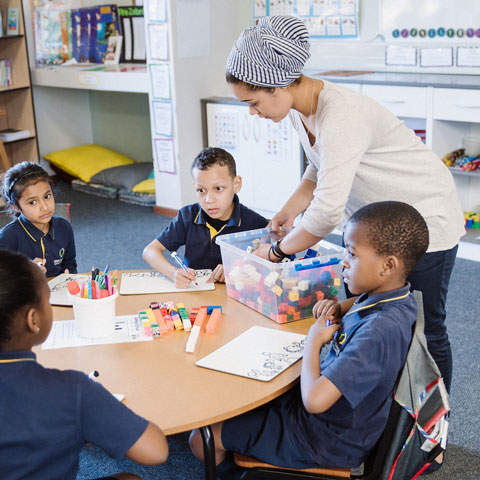At Nova Pioneer, we complement our rigorous learning model with a variety of academic activities to ensure we boost students’ academic excellence. Our academic team is intentional in supporting learners, so as to develop their skills and abilities within the classroom. Some of these activities include;
ACADEMIC DECATHLON
An academic decathlon is an educational competition intended for high school students from various academic achievement levels (from the Form 1, Form 2, Form 3, and/or Form 4) to demonstrate their knowledge and proficiency in content derived from specific subjects and topics.
The objective of the contest is to:
- Stimulate healthy academic competition amongst students.
- Help keep students on top of their game in matters concerning revision.
Each Saturday, the school Academic Decathlon chooses a new theme subject and topic to be tested in the competition. Since its inception, the Academic Decathlon has provided students with an opportunity to experience a challenging and rigorous learning environment through individual and team competitions.
It has been designed to include students with varying achievement levels, each Academic Decathlon team (homeroom) is divided into 4 or 5 divisions based on the subjects included in the competition; where students match wits in several individual and team competitions.
Overall winners, individuals and teams, are recognized as champion teams and get a special mention during baraza and they are rewarded handsomely.
The success of the Academic Decathlon is shared by the students, teachers, and the supportive administrators at the school. Countless hours are spent learning, researching, and practicing for the competition.
The benefits:
- Strengthen students’ self-esteem
- Improves students’ academic achievement and skills
- Develop school pride
- Foster a team spirit and spirit of cooperation
- Builds students’ perseverance and dedication
ACADEMIC WALKTHROUGHS
Instructional walkthroughs are intended to help education leaders develop a shared understanding of what high-quality instruction looks like and what the schools need to do to support it. Through this process, educators develop a shared practice of observing, discussing, and analyzing learning and teaching.
Academic Deans walk through classrooms to get a strong sense of the current instructional practices at school. This enables the Wednesday Professional Development planning sessions to be grounded in evidence from classrooms, leverage current strengths, and be within a reasonable development zone based on teachers’ current practice.
Before going into a classroom, the team will have a brief meeting on what to look out for and each member would be assigned a specific task. For example, one member might be assigned to note what is written on the chalkboard, and another to pull aside one student to learn what they understand about the lesson. After leaving each classroom, the team spends about a few minutes comparing notes. After visiting all of the classrooms for a particular day, the team assembles and spends about 30 – 45 minutes going over the evidence they have collected.
By observing what students are doing and staying in the classroom, we gather qualitative data on the strengths and needs of students and plan improvement efforts accordingly, which are communicated to the teachers for subsequent implementation.
ACADEMIC CLINICS
We are constantly looking for ways to support the academic growth of our students, and as such, we are in the process of formalizing a new structure which we believe will not only enhance the delivery of an exceptional service to students, but also provide a solid foundation for the future growth of the school. The aim of the educational clinics is to provide intervention and educational support for our students.
At the Academic clinics, there is a lot of support that happens behind the scenes to manage the students’ support program. This includes monitoring student progress using internal and external, formative and summative assessment data, ongoing professional development and upskilling of teachers.
The Academic Clinic model reflects the exceptional characteristics of our students, their range of learning needs and the fact that typically, they do not respond to instruction the same way. To maximize the effectiveness, our students often require expertise beyond the skills and experience of a single teacher. The Academic Clinics collaborative model ensures that each student’s support is individualized to unprecedented levels.
Our strategy to deliver Results:
- Initial assessment to determine each student’s need
- Evidence-based intervention targeted to individual learning needs
- Continuous monitoring of students progress with regular feedback
- Use of a collaborative model for intervention involving the whole team of our skilled and experienced teachers
- Ongoing professional development and sharing of expertise and experiences
Should you wish to learn more about our unique learning model, please ensure to join us at our next Open Day.

